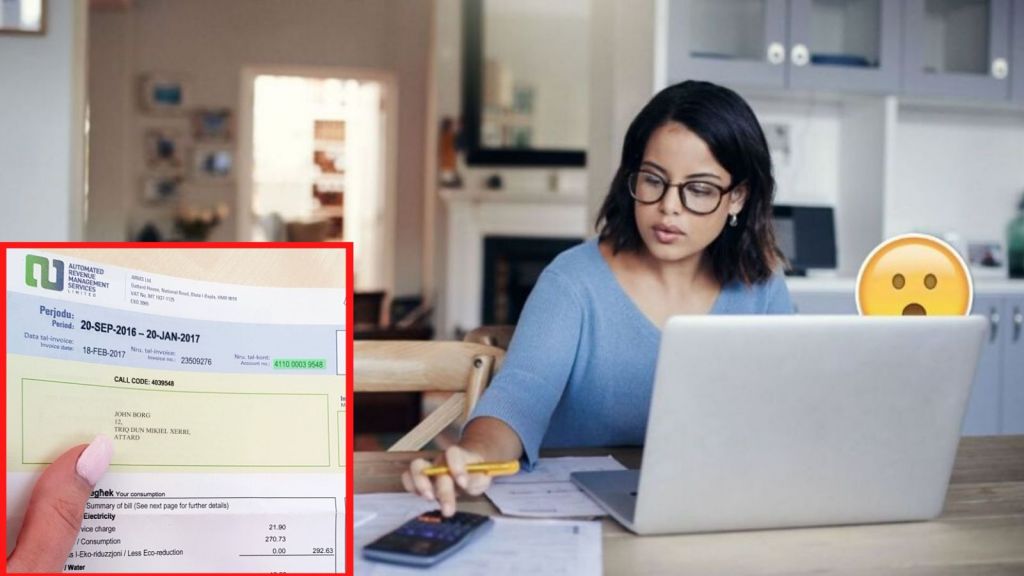Why Some Households Have Been Paying More For Their Water And Electricity Consumption

An investigation by the National Audit Office, parts of which were leaked to the public, has confirmed that some Maltese households have been paying higher water and electricity rates than those specified at law.
The story first hit the headlines in 2019 after an investigation by the Malta Independent had uncovered an anomaly in the way bills were calculated, which was seeing some consumers pay more than they needed to.
It is understood that the investigation has found that consumers paid “extra charges” amounting to €6.5 million. The Nationalist Party estimates that the total amount overcharged amounts to €50 million – €6.5 million over the span of eight years.
The NAO has said that the report does not constitute its final position, given that the report is still in the final stages of being concluded, and had been leaked after it was sent to stakeholders for their comments about the findings.
This means that the report could yet change, once these comments are included, but it is unlikely that this will have a huge impact on whether or not some people are being ripped off.
Lovin Malta has decided to revisit the story in order to understand how the billing system used by ARMS resulted in some people being overcharged.
How much should people be paying?
According to the First Schedule of the Electricity Market Regulations (S.L 545.01), consumers must be billed at 10.47c for every kWh for the first 2,000kWh used, at 12.98c for every kWh of the next 4,000kWh, 16.07c per kWh on the next 4,000kWh, 34.20c for the next 10,000kWh and at 60.76c for any consumption after that.
But while the bands refer to annual consumption of electricity, the law also allows for consumers to be billed on a pro-rata basis, through amendments introduced by a 2009 legal notice. A fact which the government points to in defending its position in the matter.
It is worth noting that while the law allows for consumers to be billed on a pro-rata basis, there is no obligation on ARMS to refund users who have paid more than they owe over a 12-month period.
How are people being overcharged?
The issue revolves around the billing system used by ARMS, which issues bills to households once every two months. The problem is that to do this, ARMS takes a household’s annual quota, as specified in the law, and divides it into six two-month batches.
Rather than counting a household’s consumption from the start of the year and charging it at a rate of 10.47c until it’s used up more than 2,000kWH, ARMS divides the annual quota by six.
This means that if the household exceeds 333kWh (2000 divided by six) in the first two months, it will immediately start to pay at the higher rate.
This creates an anomaly where people end up being charged more for electricity and aren’t allowed to offset high consumption in some months, with a lower consumption in others.
Who is being overcharged?
This depends largely on the amount of electricity a household uses in a year and its pattern of consumption. As a general trend, households that use more electricity in one calendar year are more likely to be paying more no matter their consumption pattern.
Particularly susceptible to the anomaly are residences that aren’t used throughout the whole year and which might have high consumption during one billing period, but virtually no consumption during the rest of the year.
Another segment of consumers likely to be paying extra as a result of this anomaly are those who receive “no reading bills”. This is essentially when the smart electricity metre installed in a household fails to send a reading to ARMS. When this happens, the consumption is normally added to the next billing period.
This means that the household would have had no consumption over one billing period, and a very high consumption during the next. Customers are therefore charged at higher rates, rather than having the consumption average out over the year.
Do you think you’ve been overcharged for water and electricity? Comment below
